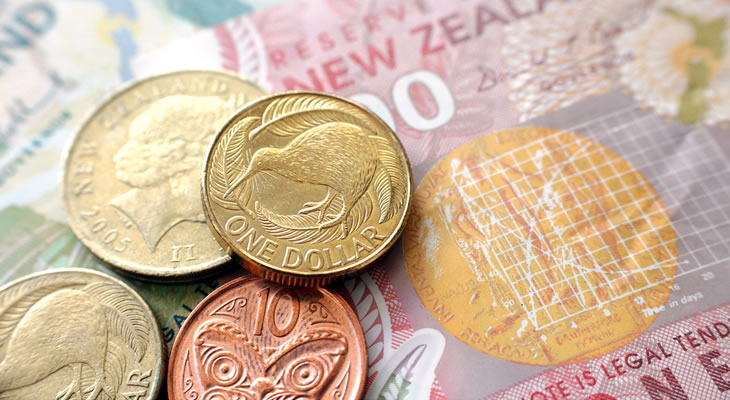Even though the underlying details of the latest UK second quarter gross domestic product report were not overly encouraging the mood towards the Pound nevertheless improved ahead of the weekend.
Investors failed to take any particular discouragement from the fact that business investment had stagnated and consumer spending weakened in the second quarter, offering some support to GBP exchange rates.
As the headline growth figure still showed a modest uptick on the quarter this limited the downside potential of the Pound, particularly as it encountered technical support in the wake of its earlier weakness.
Markets also greeted comments from Foreign Secretary Boris Johnson, who admitted that the UK will have to pay its divorce bill on Friday morning.
This added to the sense that the Conservative government is starting to soften its approach to Brexit negotiations, helping to shore up the Pound New Zealand Dollar exchange rate.
Even so, the Pound may struggle to maintain this recovery for long as Brexit-based uncertainty is set to persist for the foreseeable future.
While the UK published various position papers over the course of the last week, though, this has failed to particularly advance the progress towards any major agreement.
As Marc Chandler, Global Head of Currency Strategy at BBH, noted:
‘Last month, the EU told the UK to clarify its position and these papers are meant to do that. However, Britain still seems not to grasp the crux of the situation.
‘It is resisting the fact that once Article 50 is triggered the initiative shift to the EU. The UK still is trying to dictate the agenda of the negotiations. The EU negotiators won’t allow this to happen. It is not a question of spite but realpolitik. The EU insists that there is sufficient progress on the terms of the amputation before a prosthetic is discussed. The UK resists this simple principle.’
Risk Sentiment Continues to Drive New Zealand Dollar Outlook
Anticipation ahead of the Jackson Hole economic symposium and the latest speech from Federal Reserve Chair Janet Yellen put the New Zealand Dollar under pressure, meanwhile.
Market risk appetite remained rather fragile as speculation over the possibility of a third Fed interest rate hike coming before the end of the year picked up once again.
However, if Yellen fails to make any particularly hawkish remarks this could give the ‘Kiwi’ a strong rallying point.
So long as market risk sentiment remains heightened this could return the GBP NZD exchange rate to a bearish trend at the start of the week, even in the absence of any major New Zealand data.
Confidence in the New Zealand Dollar could falter, though, if Tuesday’s building permits figure points towards further weakness within the domestic housing market.


Comments are closed.